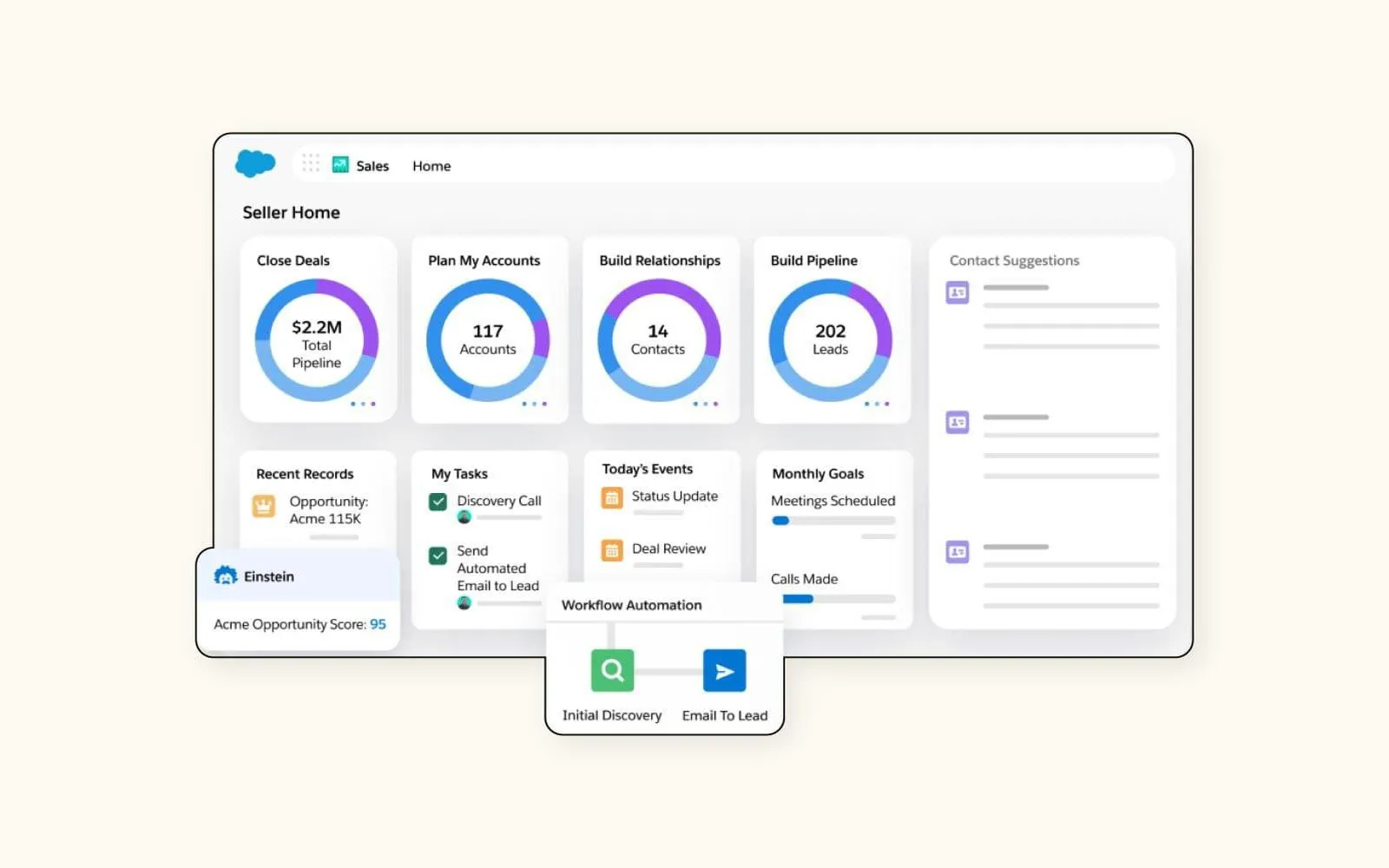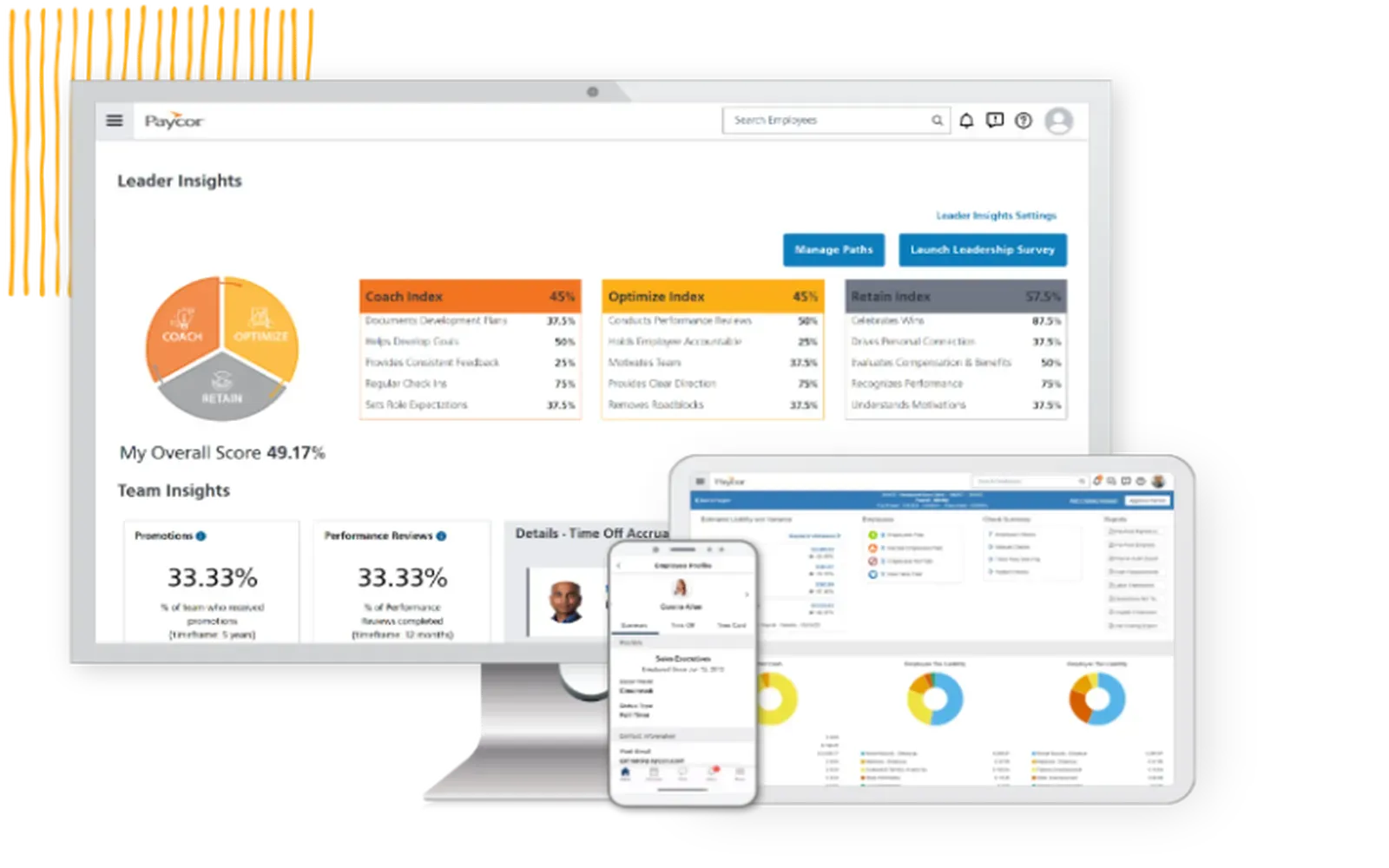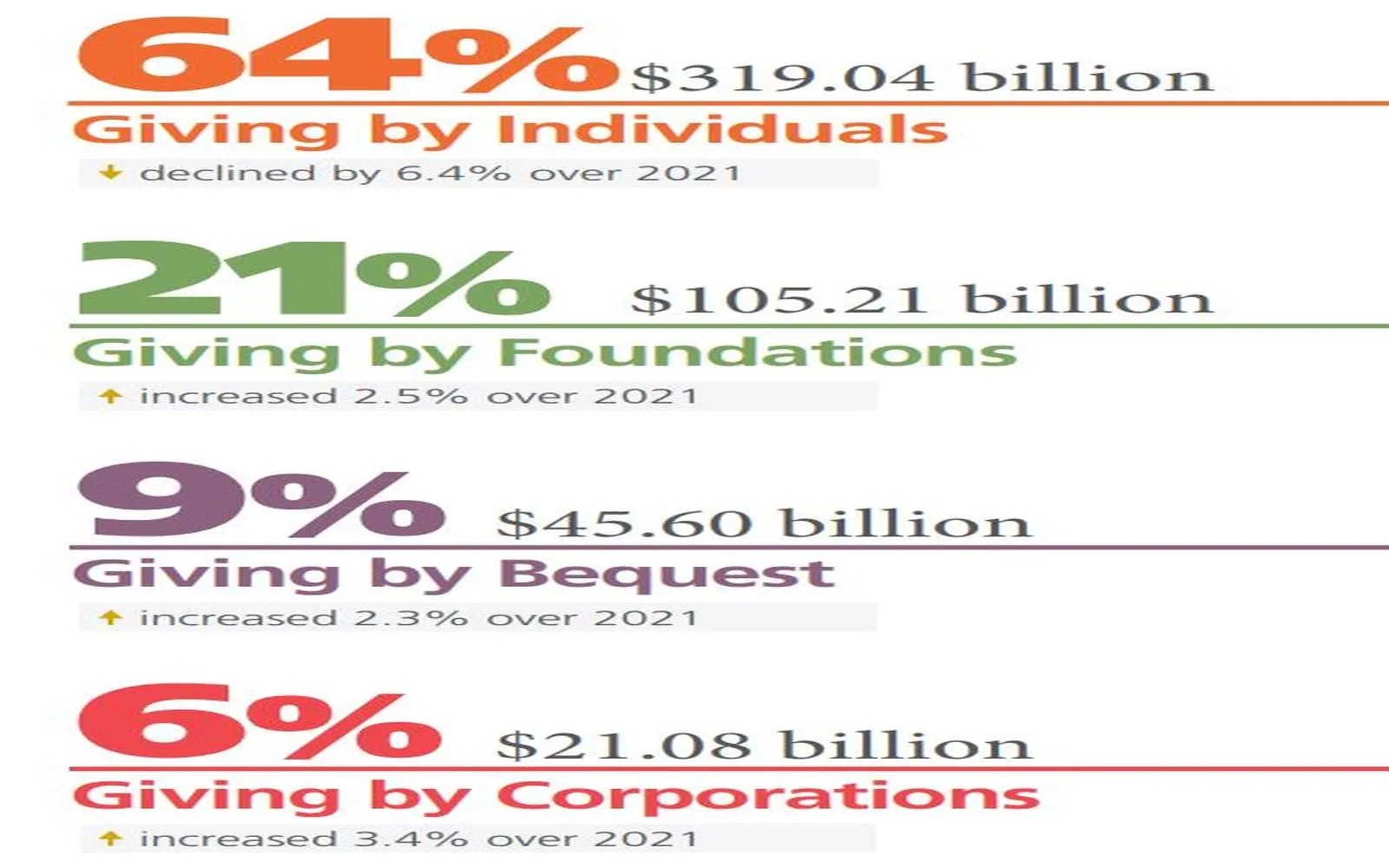Top ERP Systems for Small Businesses: Streamline Your Operations and Boost Growth
Introduction
In the fast-paced business environment of today, small businesses face numerous challenges that can hinder growth and efficiency. From managing inventory to handling customer relationships and financial reporting, the complexity of operations can quickly become overwhelming. This is where Enterprise Resource Planning (ERP) systems come into play. They provide an integrated solution that helps streamline business processes, enhance productivity, and ultimately drive growth. In this article, we will explore the top ERP systems tailored for small businesses, their key features, and how they can transform operations.
Understanding ERP Systems
Enterprise Resource Planning (ERP) systems are software platforms that consolidate various business processes into a single, unified system. They integrate core functions such as finance, HR, manufacturing, supply chain, and customer relationship management (CRM) into one cohesive platform. By centralizing data and automating tasks, ERP systems enable better decision-making, improve communication, and increase operational efficiency.
Benefits of ERP Systems for Small Businesses
Implementing an ERP system can provide numerous benefits to small businesses, including:
- Improved Efficiency: Automating repetitive tasks reduces manual errors and frees up time for employees to focus on strategic activities.
- Enhanced Data Accuracy: A centralized database ensures that all departments have access to consistent and up-to-date information.
- Better Decision-Making: Real-time data analytics and reporting tools enable business owners to make informed decisions quickly.
- Scalability: As businesses grow, ERP systems can be scaled to accommodate new processes and functionalities.
- Cost Savings: Streamlined operations can lead to reduced operational costs and improved profitability.
Key Features to Look For in ERP Systems
When selecting an ERP system, small businesses should consider several critical features:
- User-Friendly Interface: A simple, intuitive interface ensures that employees can easily navigate the system without extensive training.
- Customization: The ability to customize the ERP system to fit specific business needs is vital for optimal performance.
- Cloud-Based Solutions: Cloud ERP systems offer flexibility, accessibility, and reduced IT costs compared to on-premises solutions.
- Integration Capabilities: The ERP system should integrate seamlessly with other tools and software already in use.
- Robust Reporting and Analytics: Advanced reporting tools provide insights into business performance, enabling better strategic planning.
Top ERP Systems for Small Businesses
1. NetSuite
NetSuite, a cloud-based ERP solution, is a popular choice among small and medium-sized businesses. It offers a comprehensive suite of applications for financial management, CRM, e-commerce, and inventory management. Its user-friendly interface and robust reporting capabilities make it easy for businesses to manage operations from a single platform.
Key Features:
- Real-time financial reporting
- Advanced inventory management
- Customizable dashboards
- Multi-currency and multi-language support
2. QuickBooks Online
QuickBooks Online is a well-known accounting software that also offers ERP functionalities for small businesses. It is especially favored by startups and freelancers for its intuitive interface and affordability. QuickBooks Online provides features for invoicing, expense tracking, payroll, and basic inventory management.
Key Features:
- Expense tracking and reporting
- Time tracking and project management tools
- Integration with various third-party applications
- Mobile accessibility
3. Odoo
Odoo is an open-source ERP solution that provides a wide range of business applications, including CRM, e-commerce, inventory management, and manufacturing. Its modular approach allows businesses to choose and implement only the features they need, making it a flexible option for small businesses.
Key Features:
- Highly customizable modules
- User-friendly interface
- Integration with other Odoo applications
- Community support and resources
4. SAP Business One
SAP Business One is designed specifically for small and midsize businesses and provides a comprehensive solution for managing various business processes. This ERP system offers tools for financial management, sales, customer service, and operations management, making it a robust choice for businesses looking to scale.
Key Features:
- Integrated financial management
- Sales and customer management tools
- Inventory control and management
- Mobile access for on-the-go management
5. Microsoft Dynamics 365 Business Central
Microsoft Dynamics 365 Business Central is a cloud-based ERP solution that integrates seamlessly with other Microsoft products. It is designed for small to medium-sized businesses and offers tools for finance, sales, customer service, and operations. The familiar Microsoft interface makes it easy for employees to adapt to the system.
Key Features:
- Integration with Microsoft Office 365
- Advanced reporting and analytics
- Customizable workflows
- Scalability to support business growth
6. Zoho ERP
Zoho offers a suite of cloud-based business applications, including an ERP solution that caters to small businesses. Zoho ERP integrates various functions such as finance, HR, sales, and inventory management into a single platform. Its affordability and flexibility make it an attractive choice for small businesses looking to streamline their operations.
Key Features:
- User-friendly interface with customizable dashboards
- Seamless integration with other Zoho applications
- Advanced CRM functionalities
- Mobile app for managing operations on the go
7. Epicor ERP
Epicor ERP is designed for manufacturing, distribution, and retail businesses. It provides a comprehensive suite of applications that help streamline operations and optimize supply chain management. Epicor is particularly well-suited for businesses that require industry-specific functionalities.
Key Features:
- Advanced production management tools
- Supply chain optimization features
- Business analytics and reporting
- Flexible deployment options (cloud or on-premises)
8. Sage 300cloud
Sage 300cloud is a powerful ERP solution that combines financial management with operational functionality. It is particularly strong in accounting and financial reporting, making it ideal for small businesses that prioritize financial control. Sage 300cloud also offers project management and inventory management capabilities.
Key Features:
- Robust financial management tools
- Project and job costing features
- Multi-currency and multi-language support
- Accessibility via web or mobile
9. Acumatica
Acumatica is a cloud-based ERP solution designed for small to medium-sized businesses. It offers a variety of modules, including financial management, project accounting, and CRM. Acumatica is known for its flexibility and scalability, allowing businesses to customize the system to their specific needs.
Key Features:
- Cloud-based architecture for easy access
- Customizable dashboards and reports
- Integration with third-party applications
- Real-time visibility into business operations
10. FreshBooks
FreshBooks is primarily known as an invoicing and accounting software, but it also offers ERP-like functionalities suitable for small businesses. It is especially popular among freelancers and service-based businesses due to its simplicity and ease of use. FreshBooks provides tools for expense tracking, time tracking, and project management.
Key Features:
- Simple and intuitive interface
- Time tracking and project management capabilities
- Automated invoicing and expense tracking
- Integration with other business applications
Choosing the Right ERP System
When selecting the best ERP system for your small business, consider the following factors:
- Business Needs: Assess your specific operational requirements and select an ERP that aligns with those needs.
- Budget: Determine your budget for ERP implementation and maintenance, and choose a solution that offers the best value for your investment.
- Scalability: Look for an ERP system that can grow with your business and accommodate future needs.
- User Support: Ensure that the vendor provides adequate support and training to help your team effectively utilize the system.
Implementation Best Practices
Implementing an ERP system can be a complex process. Here are some best practices to ensure a successful implementation:
- Define Clear Objectives: Establish specific goals for what you want to achieve with the ERP implementation.
- Involve Key Stakeholders: Engage team members from different departments to gather input and ensure buy-in throughout the organization.
- Choose the Right Implementation Partner: If needed, work with an experienced implementation partner who understands your industry and can guide you through the process.
- Provide Training: Invest in training for your employees to ensure they are comfortable using the new system.
- Monitor and Evaluate: After implementation, regularly assess the ERP's performance and make adjustments as necessary to optimize its usage.
Conclusion
In conclusion, ERP systems offer small businesses an effective way to streamline operations, enhance productivity, and drive growth. By consolidating various business processes into a single platform, ERP solutions provide the tools necessary for better decision-making and improved efficiency. As you consider implementing an ERP system, take the time to evaluate your business needs, explore different options, and choose a solution that aligns with your goals. With the right ERP system in place, your small business can thrive in an increasingly competitive landscape.
Explore

Streamline Your Small Business: The Ultimate Guide to Easy CRM Solutions

Top Payroll Software Solutions: Streamline Your Business's Payroll Process in 2023

Top Local SEO Agencies: Boost Your Business's Online Visibility and Rankings

Top Managed IT Providers: Leading the Way in Technology Solutions for Businesses

Top Personal Loan Platforms: Your Ultimate Guide to Finding the Best Rates and Terms

Top Accredited Online Business Schools: Your Guide to Quality Education and Career Advancement

Ultimate Guide: How to Donate Effectively in the USA - Tips and Resources

Comprehensive Guide to Humana Health Coverage Plans: Benefits, Options, and Enrollment Tips
